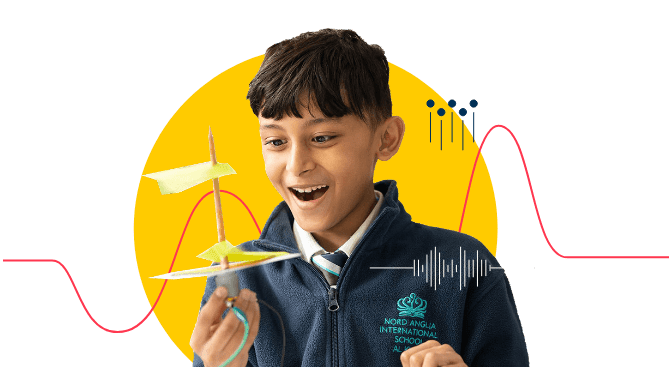Blog
NAIS Pudong Scholarships
We welcome applications for scholarships. Contact our admissions team for more details on admissions@naispudong.com
 Blog | Featured | Global Education | Whole School
Blog | Featured | Global Education | Whole School Blog | Featured | Global Education | Whole School
Blog | Featured | Global Education | Whole School News | news | Featured | sports
News | news | Featured | sports Blog | China | Featured | School News | Whole School
Blog | China | Featured | School News | Whole School Blog | Featured | Student Work and Success
Blog | Featured | Student Work and Success Blog | Academic Excellence | Featured | Global Campus | MIT
Blog | Academic Excellence | Featured | Global Campus | MIT News | news | China | Featured | News From Our Schools
News | news | China | Featured | News From Our Schools.png?rev=7c825fe676b440b1a9bb75a3c63ea9db&hash=3B68611CE43A2651184AC10AD1029A56) News | Whole School | Featured articles | School News
News | Whole School | Featured articles | School News News | news | Whole School
News | news | Whole School News
News